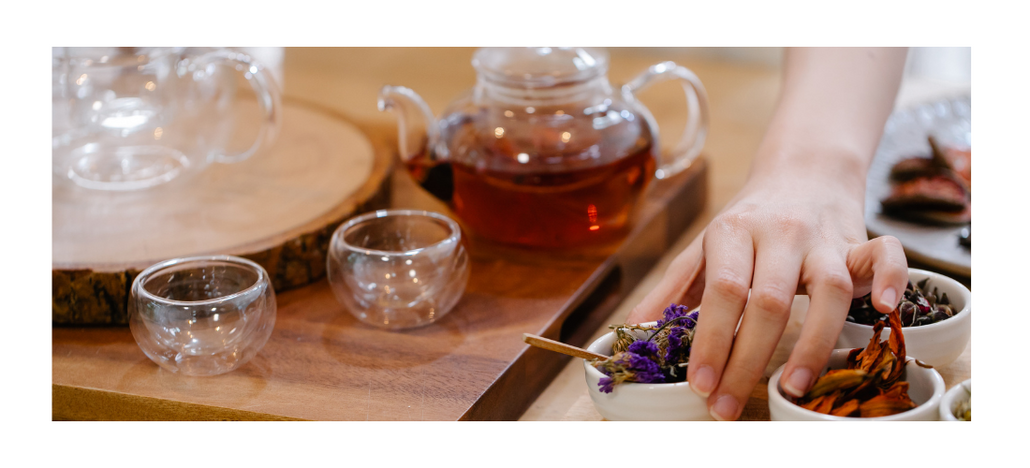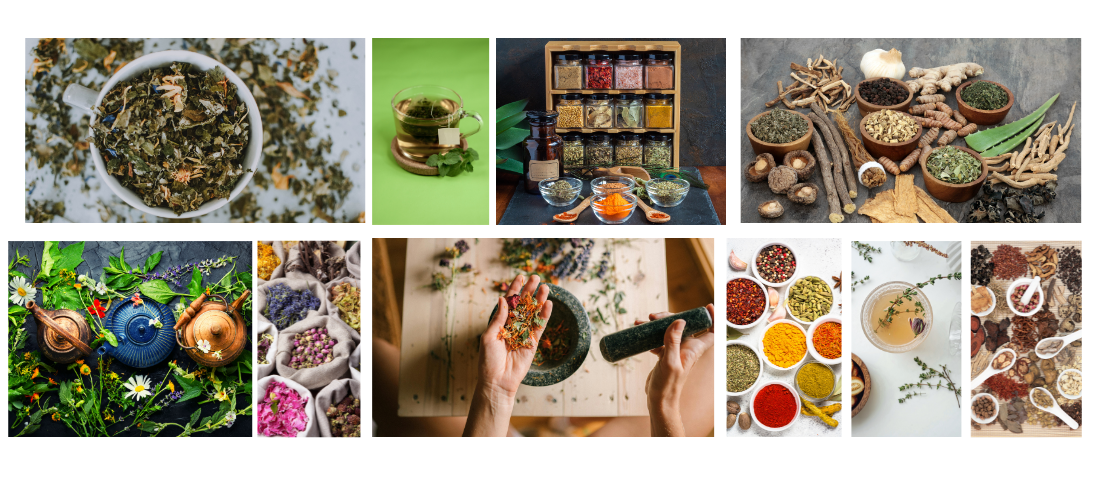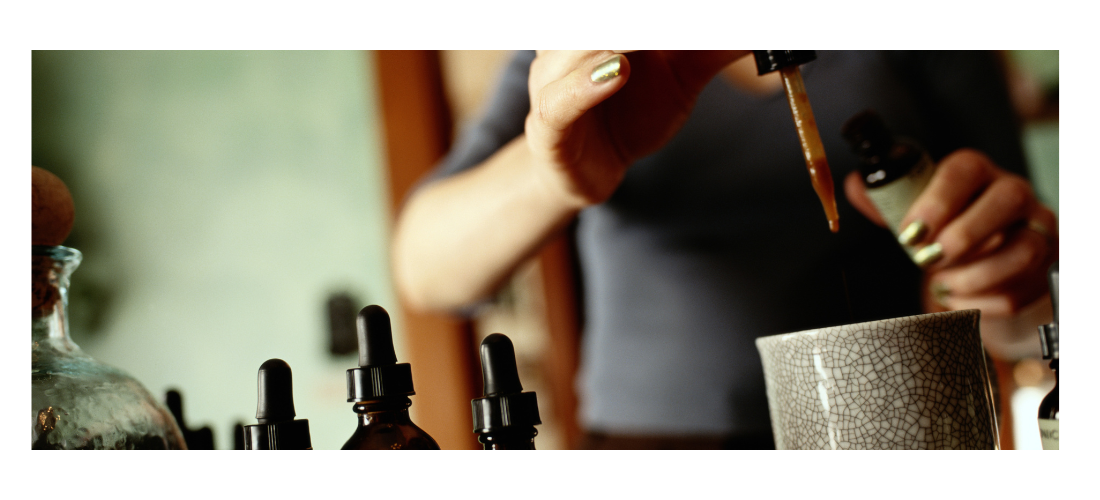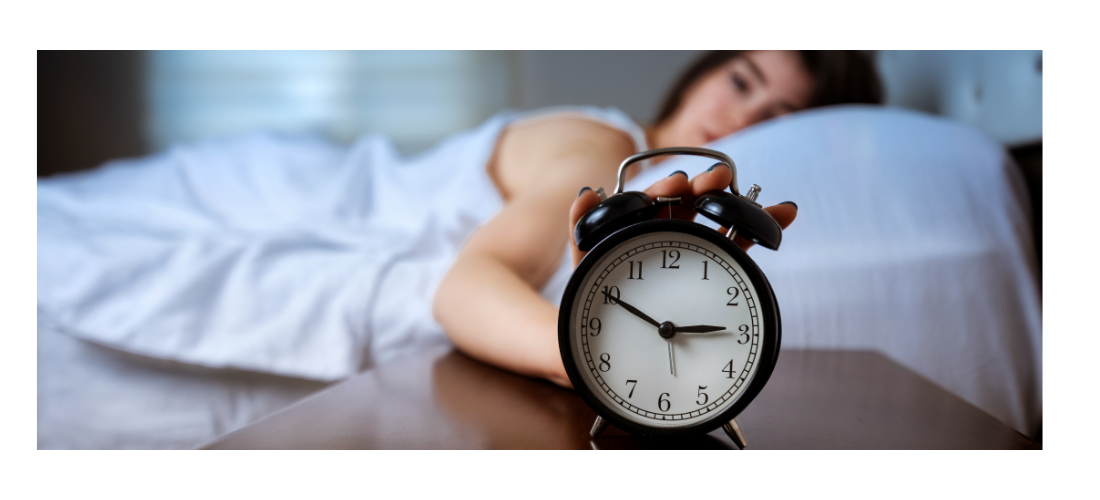Getting Started: Creating Personalized Herbal Blends with Chinese Medicine
Mar 26th 2025
Getting Started: Creating Personalized Herbal Blends with Chinese Medicine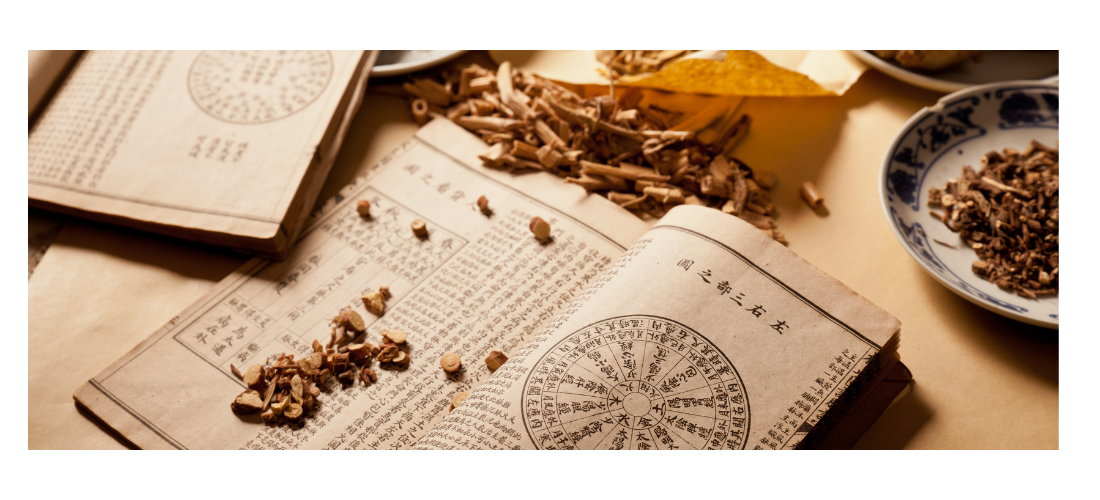
In the age of modern wellness, Chinese herbal medicine offers a time-tested, holistic approach to personalized health. At 1st Chinese Herbs, we embrace centuries of Traditional Chinese Medicine (TCM) wisdom to help you craft intentional, effective herbal blends using authentic Chinese herbs.
This guide explores how blending herbs the Chinese way enhances vitality, balances Qi, and addresses individual health needs. You'll learn to select, prepare, and personalize herbal blends—from tea formulas to tinctures—using herbs like Huang Qi (Astragalus), Ban Lan Gen, Dang Gui, and more. Whether you're seeking immune support, emotional balance, digestive harmony, or respiratory strength, this guide will help you make informed, empowered choices.
New to Chinese Herbs? Start Here
If you’re just beginning your journey into Chinese herbal remedies, start with these beginner-friendly herbs and blends:
-
Huang Qi (Astragalus) – Gentle immune and energy booster
-
Gan Cao (Licorice Root) – Great for digestion and soothing blends
-
Bai He (Lily Bulb) – Moistens lungs and calms the heart
Easy Starter Blend:
-
1 part Huang Qi
-
1 part Gan Cao
-
1 part Bai He
Steep as a tea for daily vitality and calm.
What Are Chinese Herbal Blends?
Chinese herbal blends combine multiple herbs that work synergistically according to TCM theory. Unlike single-herb remedies, these blends are crafted based on TCM diagnostic principles like Yin-Yang balance, organ systems (Zang-Fu), and patterns of disharmony such as Dampness, Qi deficiency, or Heat.
Herbs are categorized into roles:
-
Chief (Jun): The primary herb targeting the main issue
-
Deputy (Chen): Assists the chief herb or addresses secondary symptoms
-
Assistant (Zuo): Balances the formula and reduces side effects
-
Envoy (Shi): Guides the formula to specific organs or harmonizes the blend
Why Use Personalized Chinese Herbal Remedies?
1. Target Root Causes
TCM herbal blends aim to treat the root imbalance, not just the symptoms. For example, chronic fatigue might be linked to Spleen Qi Deficiency, best addressed with herbs like Bai Zhu and Huang Qi.
2. Tailor to Your Constitution
TCM values individual constitution. A blend that invigorates Qi for one person might be too warming for another. Personalized blends ensure compatibility with your unique body type and health pattern.
3. Versatile Delivery Methods
Chinese herbs can be taken as teas (decoctions), powders, pills, tinctures, or even topicals—each method tailored to your preference and lifestyle.
4. Consumer Safety & Transparency
-
Are these herbs safe with medications? Some herbs may interact—consult a practitioner.
-
Pregnancy & Nursing? Use only with guidance from your healthcare provider.
-
Are your herbs organic? Yes! We offer both organic and wildcrafted options, always tested for purity.
Types of Chinese Herbs Used in Blends
Common Herbs in TCM Tea Formulas
| Herb (Pinyin) | Function | Best For |
|---|---|---|
| Huang Qi (Astragalus) | Tonifies Qi, boosts immunity | Fatigue, frequent colds |
| Gan Cao (Licorice Root) | Harmonizes formula, soothes throat | Digestive upset, cough |
| Ban Lan Gen (Isatis) | Clears Heat, detoxifies | Sore throat, infections |
| Bai He (Lily Bulb) | Nourishes Lung Yin | Dry cough, emotional unrest |
Herbs Commonly Used in Tinctures
| Herb (Pinyin) | Function | Use Case |
| Dang Gui | Tonifies Blood | Menstrual support, fatigue |
| Chuan Xiong | Moves Blood and Qi | Headaches, menstrual pain |
| Dan Shen | Invigorates Blood | Cardiovascular support |
| Xi Yang Shen (American Ginseng) | Nourishes Yin and Qi | Stress, heat-related fatigue |
Comparison Table With Western Herbs
| Chinese Herb | Western Equivalent | Function |
| Huang Qi | Echinacea + Ginseng | Immune + Qi tonifier |
| Bai He | Chamomile | Calm Shen, moisten lungs |
| Gan Cao | Licorice | Harmonize blends, digestive aid |
How to Craft Personalized Chinese Herbal Blends
Step 1: Identify Your TCM Pattern
Consult with a trained herbalist or use resources that help identify patterns like Yin deficiency, Qi stagnation, Damp Heat, etc.
Step 2: Select Herbs Based on Roles
-
Chief: Target your main issue
-
Deputy: Assist or broaden support
-
Assistant: Balance or detoxify
-
Envoy: Harmonize and direct
Step 3: Choose Your Preparation Method
-
Tea/Decoction: Strongest, most traditional
-
Powder or Granule: Convenient and effective
-
Tincture: Long shelf life, fast absorption
-
Topical: External use for pain, skin, etc.
Brewing Tips for Herbal Tea Formulas
-
Use 10–15g of herbs per day
-
Simmer (not boil) for 30–45 minutes
-
Use ceramic or glass pots (avoid metal)
-
Strain and drink warm; divide into 2–3 doses daily
Sample Blends by Wellness Goal
Immunity Support
-
Huang Qi + Fang Feng + Bai Zhu
-
Benefits: Strengthens Wei Qi, guards against external pathogens
Stress & Sleep
-
Suan Zao Ren + Bai Zi Ren + He Huan Pi
-
Benefits: Calms Shen, nourishes Heart Blood
Women's Hormonal Support
-
Dang Gui + Chuan Xiong + Bai Shao
-
Benefits: Tonifies Blood, regulates menstruation
Respiratory Health
-
Ban Xia + Jie Geng + Bai He
-
Benefits: Transforms phlegm, moistens lungs
Daily Use Examples
Morning: Huang Qi + Bai Zhu tea to energize and protect immunity
Afternoon: Ban Lan Gen tea to soothe the throat
Evening: Bai He + Suan Zao Ren blend for restful sleep
Bonus Recipe
Calming Sleep Tea Recipe with Suan Zao Ren & Bai Zi Ren
Always check with your physician before starting any new herbal remedy. This formula may interfere with medications.
Ingredients (1-Day Dose)
| Herb | Amount | TCM Function |
|---|---|---|
| Suan Zao Ren (Ziziphus jujuba seed) | 10g | Nourishes Heart Yin, calms Shen, helps insomnia |
| Bai Zi Ren (Biota seed) | 8g | Nourishes Heart Blood, moistens intestines, sedates |
| Fu Shen (Poria with root) | 6g | Calms the spirit, strengthens Spleen, reduces anxiety |
| He Huan Pi (Albizia bark) | 6g | Relieves constraint, lifts mood, eases emotional tension |
| Mai Men Dong (Ophiopogon root) (Optional) | 4g | Nourishes Yin, moistens dryness, soothes irritability |
Preparation Instructions
-
Rinse herbs briefly in cool water.
-
Add all herbs to a pot with 3 cups of water.
-
Bring to a boil, then reduce to a gentle simmer.
-
Simmer uncovered for 30–40 minutes.
-
Strain into a mug or thermos.
-
Divide into 2 doses—one in the evening, one before bed.
Optional: Add a small amount of raw honey to taste once the tea cools slightly.
Benefits of This Formula
-
Helps ease anxiety, overthinking, and restlessness
-
Supports deep, uninterrupted sleep
-
Gently nourishes Heart Blood and Yin
-
Non-sedating and non-habit forming
Notes:
-
Drink consistently for 5–7 nights for best results.
-
This blend is ideal for people with TCM patterns of Heart Yin Deficiency or Blood Deficiency with Shen disturbance.
-
Avoid stimulants (caffeine, screens) 1 hour before drinking for optimal effect.
Real Stories & Testimonials
"I was new to TCM and tried a stress blend with Suan Zao Ren and Bai Zi Ren. I slept better within a week. The calm it brought was real." — Jenna M.
"The starter immunity blend was easy to brew and actually enjoyable to drink. I felt supported during cold season without meds." — Thomas G.
Safety, Quality Guidelines
-
Evidence-Based Wisdom: All recommendations follow TCM principles validated by thousands of years of use and modern clinical experience.
-
Expertise: Our content is reviewed by herbalists trained in both Western and Eastern modalities.
-
Authoritativeness: We source herbs from GMP-certified suppliers with COA testing to ensure quality, safety, and authenticity.
-
Trustworthiness: Transparency is our standard—no hidden fillers, additives, or unlabeled blends.
Learn how to craft personalized Chinese herbal blends using time-tested Traditional Chinese Medicine principles. Discover top herbs, daily use tips, beginner guidance, and wellness-focused formulas.
Conclusion: Your Herbal Journey Begins Here
Blending Chinese herbs is more than a healing ritual—it’s a reconnection to nature, balance, and inner wisdom. As you explore teas, tinctures, and tonics, remember: your body knows the way. With knowledge, intention, and the right herbs, you can support long-lasting wellness the traditional way.
References:
https://www.nccih.nih.gov/health/astragalus
https://www.sciencedirect.com/topics/agricultural-and-biological-sciences/astragalus
https://www.americandragon.com/Individualherbsupdate/BaiZiRen.html
https://www.whiterabbitinstituteofhealing.com/herbs/biota-seed/
https://www.americandragon.com/Individualherbsupdate/SuanZaoRen.html
https://pmc.ncbi.nlm.nih.gov/articles/PMC7447469/
https://www.sacredlotus.com/go/chinese-herbs/substance/fu-shen-poria-spirit
https://www.americandragon.com/Individualherbsupdate/FuLing.html
https://www.americandragon.com/Individualherbsupdate/HeHuanPi.html
https://tcmwiki.com/wiki/he-huan-pi


